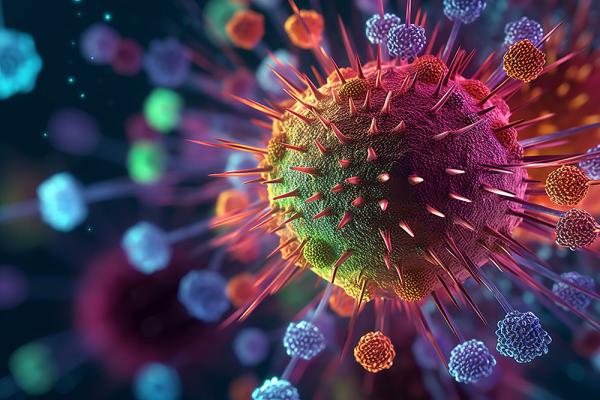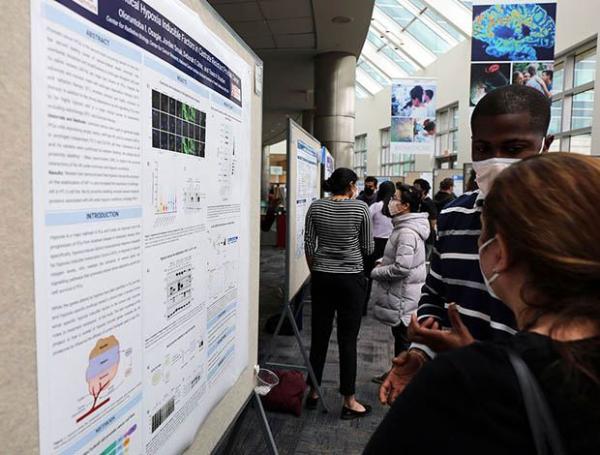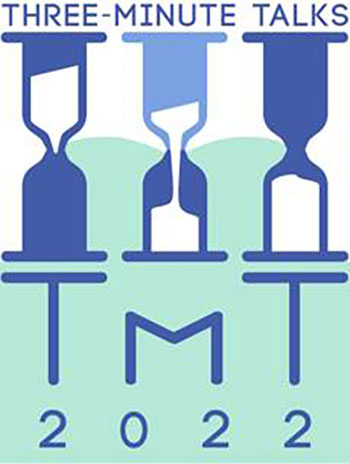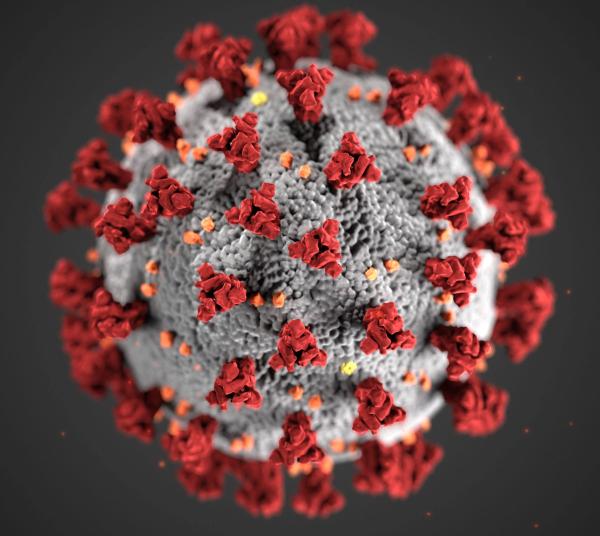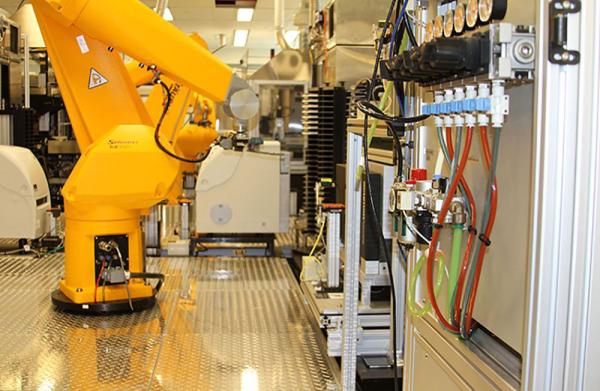Antibody Assault Shows Promise Against Dormant HIV
Treatment Strategy Could Mop Up Virus Hiding in Patients’ Bodies
As temperatures drop in the fall, a variety of species from groundhogs to bears prepare to wait out the winter in their dens. Much like these animals, HIV also goes into hibernation when conditions are tough, a trait that has long stymied efforts to develop a cure. However, IRP researchers recently tested a promising strategy that might one day be used to flush out and kill dormant remnants of HIV.

